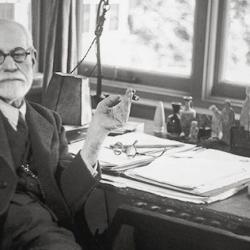Shakespeare’s Words bills itself as a “glossary” and it is that. David and Ben Crystal combed through all of Shakespeare’s works identifying potentially “difficult” words, and this handbook is the result.
As you would expect, they give crisp definitions, along with citations from the plays, for unfamiliar Elizabethanisms: fardel, bodkin, contumely, grise, pucelle, quat, snaffle, swinge. But they also define words that we think we know. Their definitions of “kindness” bring out the connection of kinship, natural kind, and affection that no longer resonate in the word. For Shakespeare, as for English speakers at least to Austen’s time, “nice” means first of all “fastidious, particular, fussy,” and in some contexts means “foolish, stupid” or even “wanton.” “Humour,” of course, means “disposition, mood” and not “amusement.”
Under nearly every letter of the alphabet, the Crystals include grayed-in boxes that deal in more detail with grammar, punctuation, and occasionally social issues, with numerous examples. They devote several pages to illustrate Shakespeare’s habit of “word-class conversion,” shifting words from one part of speech to another: “Shall sweet Bianca practice how to bride it?” and “I eared her language” and “he pageants us” and “myself were mudded in that oozy bed.” Few of these have precedents in pre-Shakespearean English. It’s a reminder of Shakespeare’s Joycean panache.
The volume includes a synopsis of each play, along with lists of the characters and interlocking circles showing how the characters are related to one another. Appendixes list the names of all of Shakespeare’s characters, references to classical gods and goddesses and figures from legends, historical allusions, French, Latin, Italian, and Spanish words, and a guide to Shakespeare’s Welsh pronunciation.
A perfect gift to celebrate the Bard’s baptism 450 years ago this month.















